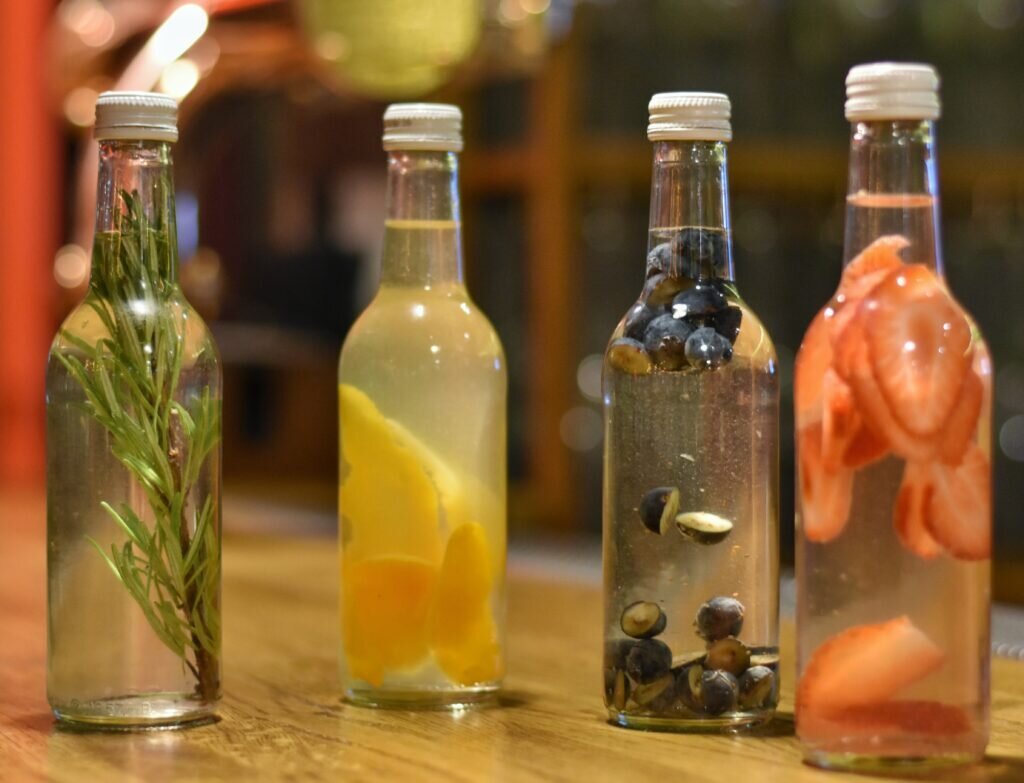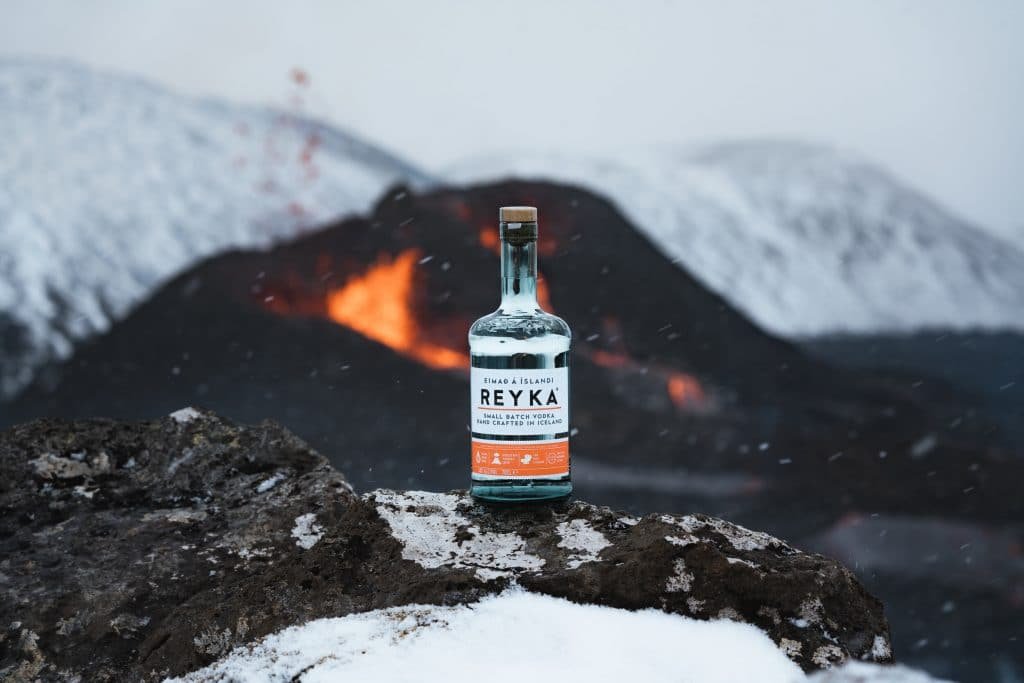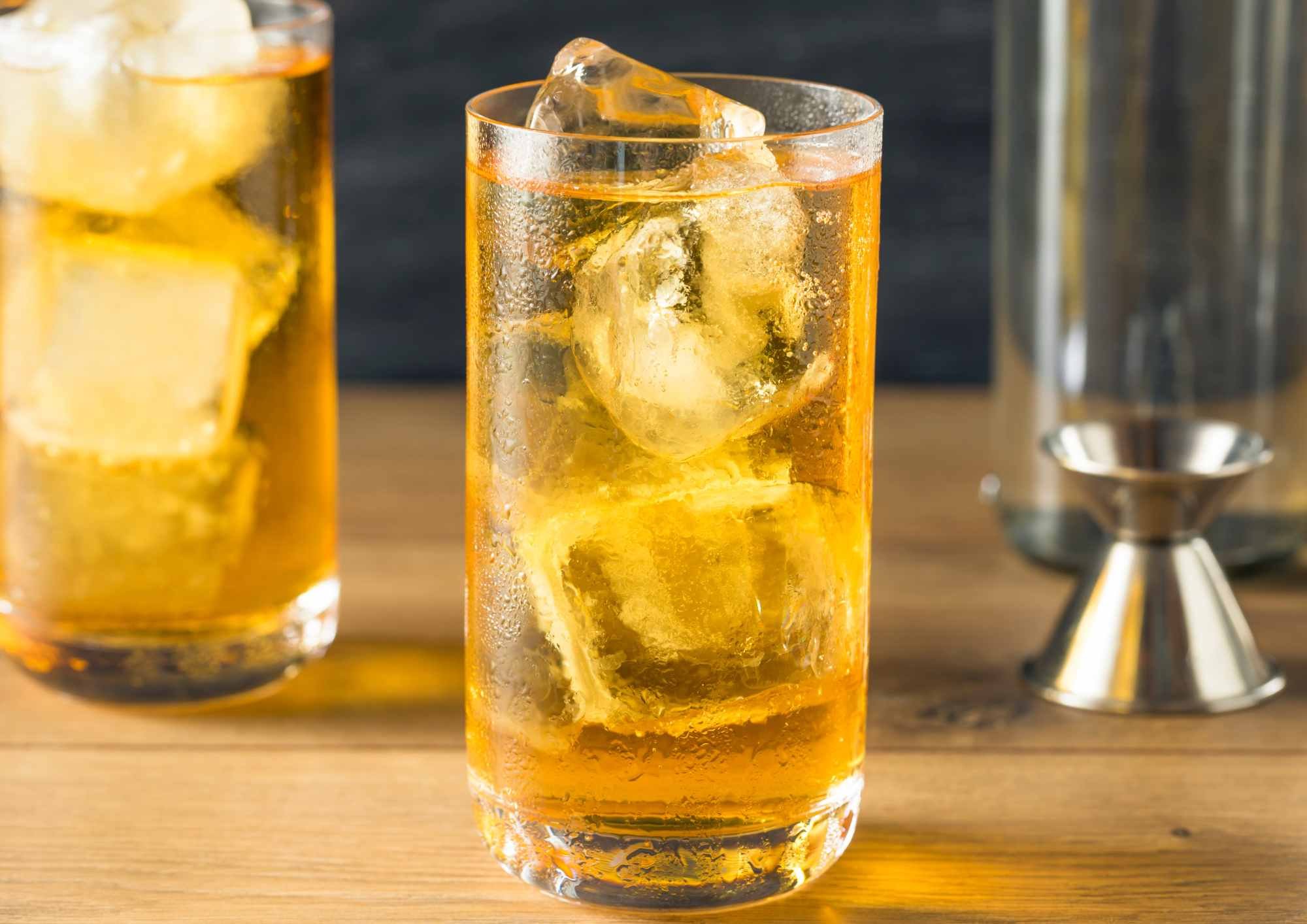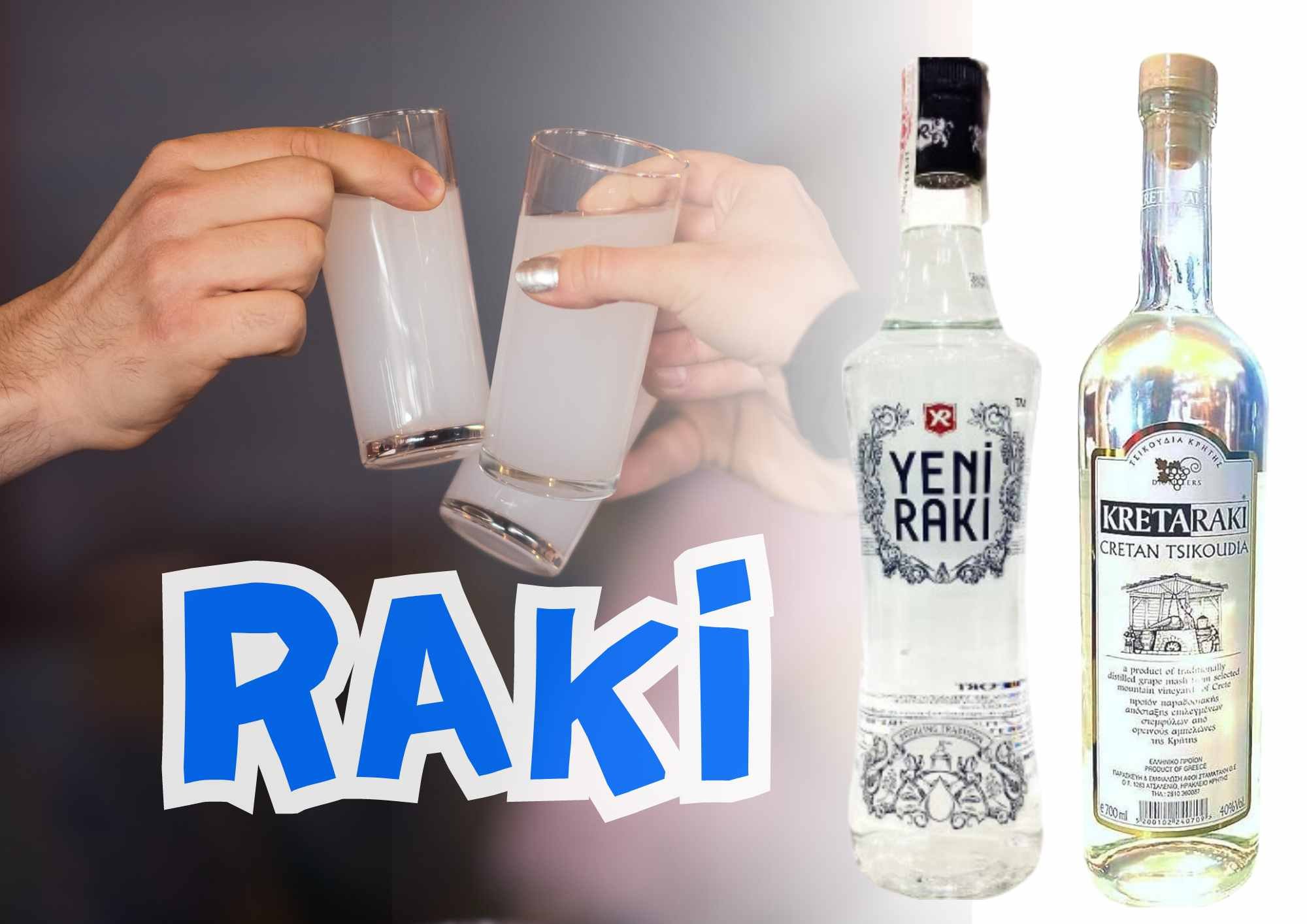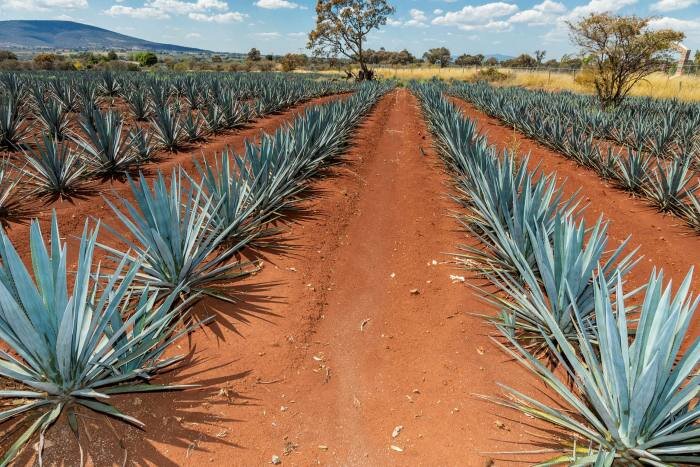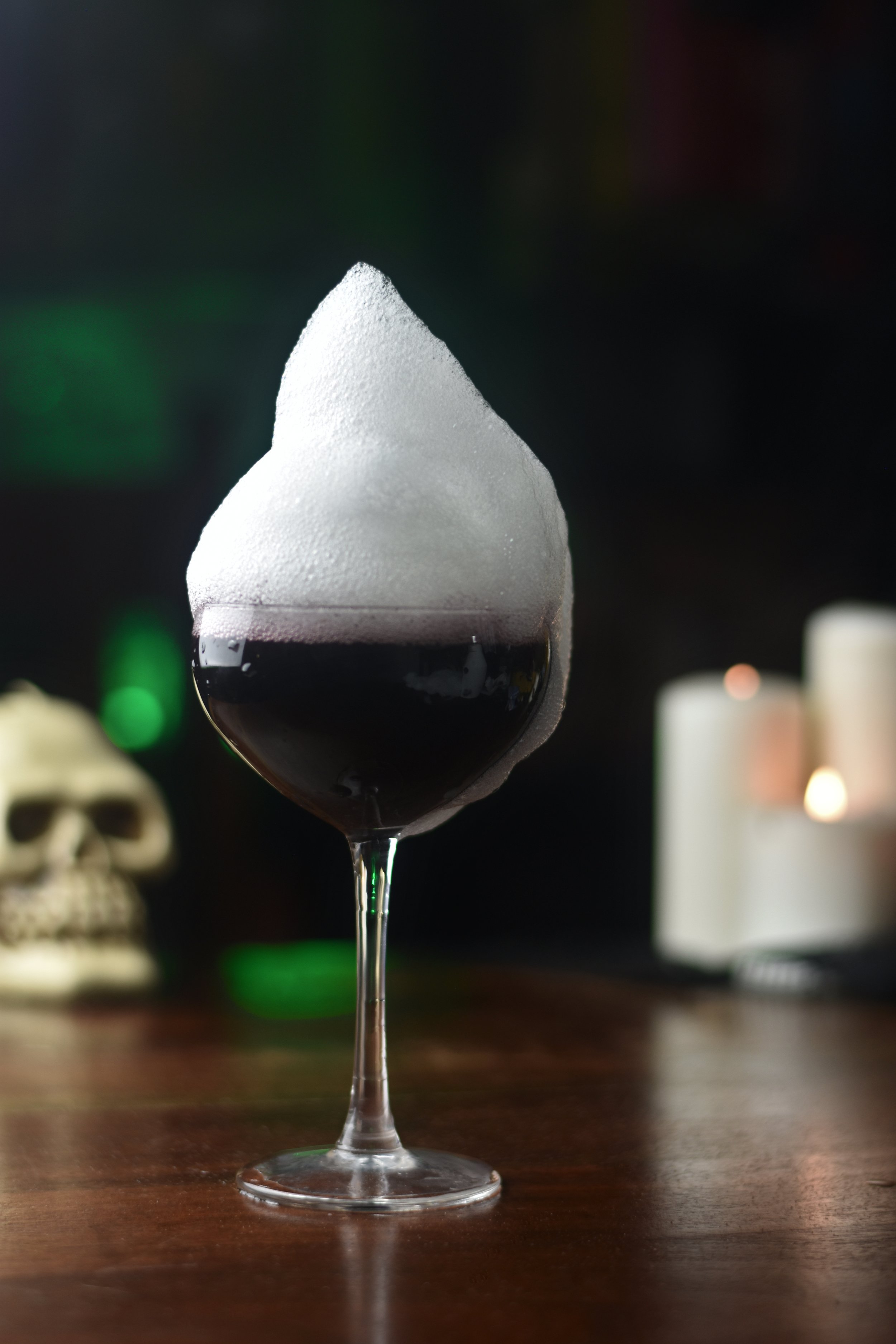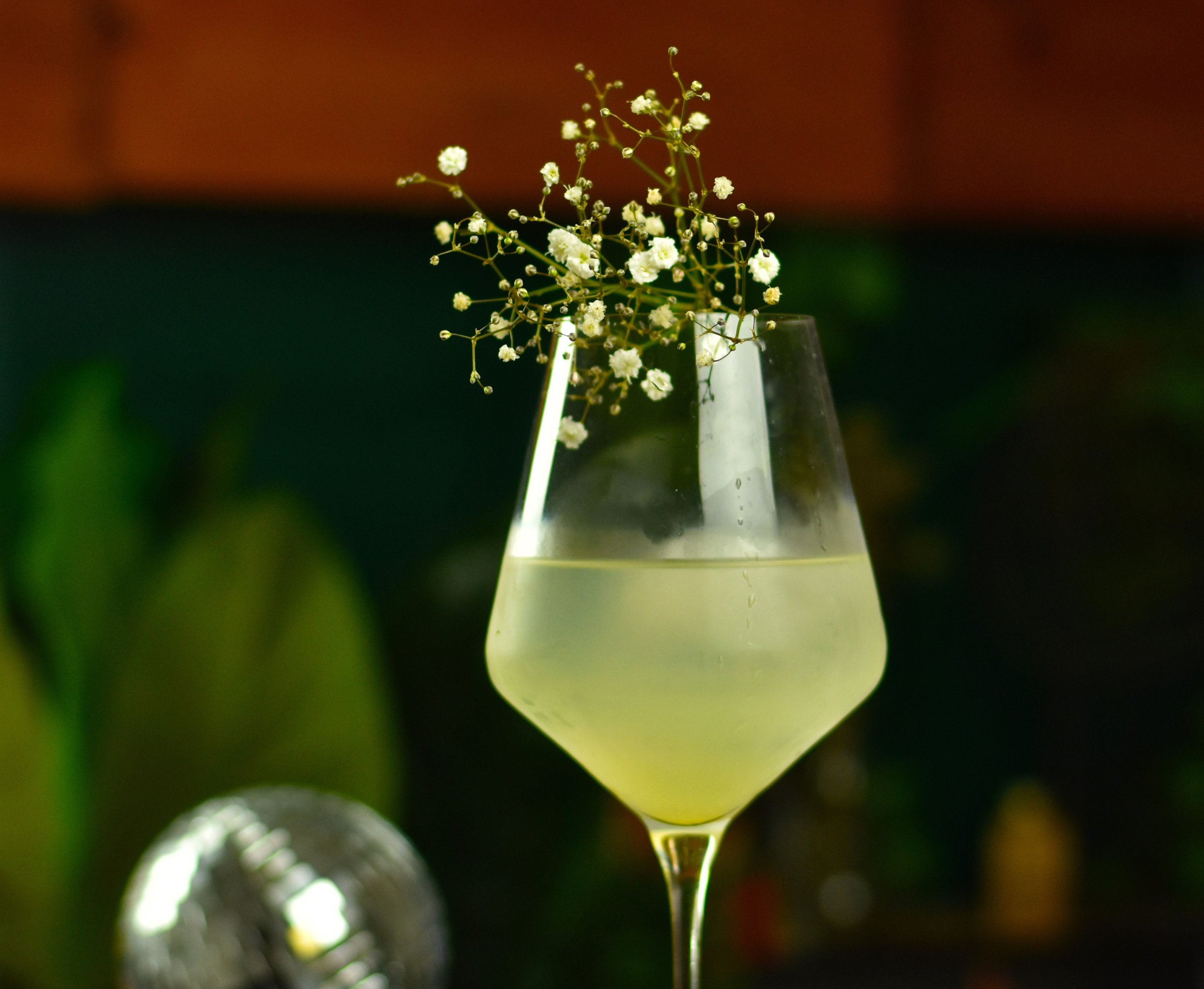What Is Vodka?
The History of Vodka, How it was made and what it actually is. This, is the ULTIMATE guide to Vodka.
Vintage vodka production image - Image Source
Hey there, vodka enthusiasts! If you've ever found yourself pondering the origin of vodka or wondering about the best mixer for your favorite spirit, you're in the right place. In this casual guide, we'll dive into the world of vodka, exploring its rich history, the variety of types, and some fun facts to make your next vodka experience even more enjoyable.
Origins and History of Vodka
Vodka's journey began in Eastern Europe, a region renowned for its love affair with spirits. The debate over where vodka truly originated – Russia or Poland – is a spirited one, much like the drink itself. While both countries claim to be the birthplace of this clear elixir, historical records suggest that vodka production likely started in Russia during the late 9th century.
Russian men drinking vodka - Image Source Pinterest
A Closer Look at Russia
In Russia, vodka wasn't just a beverage; it was deeply ingrained in the cultural fabric. Monasteries played a pivotal role in the early production of vodka, refining distillation techniques and creating a spirit that was initially used for medicinal purposes.
Poland's Vodka Legacy
On the flip side, Poland boasts a rich vodka heritage, with early references dating back to the 8th century. The Poles, too, were fervent about their vodka, often using it for both social and ceremonial purposes.
Global Spread
As trade routes expanded, so did vodka's popularity. By the 14th century, vodka had become a staple in various European countries. Its versatility and straightforward production process made it accessible to different cultures, contributing to its global fame.
Who Invented Vodka: Russia or Poland?
The debate over vodka's true birthplace has fueled many spirited discussions. While Russia often takes credit for being the pioneer, Poland contends that its vodka-making traditions predate those of its Eastern neighbor. Unraveling this historical mystery adds an intriguing layer to the narrative of vodka. But as for the evidence. Vodka is strongly believed to of been invented in Russia.
Ingredients and Production Process
What's in Your Glass?
Vodka is a simple concoction, primarily made from water and ethanol. But the magic lies in the choice of ingredients – be it grains or potatoes. Ever wondered about the difference between Belvedere, Ketel One, and Tito's vodka? Each has its unique production process, contributing to distinct flavors.
What is Vodka Made From?
The magic behind vodka lies in its simplicity, born from a harmonious dance of two key ingredients: water and ethanol. This dynamic duo forms the base of every vodka, setting the stage for the spirit's unique characteristics.
Within spirits, it’s the base which makes them. Tequila is only tequila with agave. Gin is gin because of Juniper. Gin and Aquavit are made basically the same, the difference being Aquavit is made with caraway. But vodka is different. The characteristic of vodka does not lie with the ingredient that’s used to made, as the characteristic of vodka is to be flavorless.
Which basically means. As long as it tastes like nothing, it’s vodka.
How is Vodka Made?
The process of crafting vodka is both an art and a science. The journey begins with the selection of raw materials, which can vary widely. Whether it's the traditional grains like wheat or rye, or the unconventional choice of potatoes, each ingredient contributes to the distinct flavor profile of the final product.
Vodka being made in a distillery - Image Source
What is Vodka Made From?
Vodka's identity is intricately tied to its raw materials. Grains, including wheat, rye, and corn, provide a solid foundation, each imparting its unique character to the spirit. Meanwhile, some vodkas take an unconventional route, choosing potatoes as their primary ingredient for a distinct and often creamier taste.
Exploring Belvedere, Ketel One, and Tito's Vodka
Belvedere Vodka: Crafted in Poland, Belvedere is renowned for its use of Dankowskie Gold Rye. This choice delivers a rich, velvety texture, making it a favorite among vodka connoisseurs.
Ketel One Vodka: Hailing from the Netherlands, Ketel One takes a different approach, blending European wheat for a crisp and lively finish. It stands as a testament to the diversity in vodka production worldwide.
Tito's Vodka: This American classic distinguishes itself by utilizing corn in its production process. The result? A slightly sweet and exceptionally smooth vodka that has garnered a loyal following.
Understanding the raw materials and production techniques behind these brands unveils the intricate tapestry of flavors within the world of vodka.
In summary, vodka's journey from raw ingredients to the spirit in your glass is a fascinating one. As you sip and savor, take a moment to appreciate the centuries-old traditions, the diverse choices of raw materials, and the unique characteristics that make each vodka brand a distinct experience. Cheers to the elixir that transcends borders and brings people together in spirited celebration
Types of Vodka
Traditional, Flavored, and Beyond
Not all vodkas are created equal. Traditional and flavored vodkas offer a wide spectrum of choices. From the classic Russian vodka to the innovative craft varieties, there's something for every palate.
Traditional Vodkas: A Timeless Elegance
Russian Classics: Renowned for their purity and clarity, traditional Russian vodkas are often made from wheat or rye. These vodkas boast a clean and crisp profile, with a subtle warmth that lingers on the palate. Brands like Stolichnaya and Russian Standard exemplify the excellence of this traditional style.
Polish Elegance: Polish vodkas, with their roots tracing back centuries, bring a touch of elegance to the vodka landscape. Often crafted from rye, they tend to be slightly sweet with a velvety texture. Belvedere and Chopin are celebrated examples of the sophistication found in Polish vodka.
Flavored Vodkas: A Playful Twist
Fruit-Infused Delights: In recent years, the market has seen an explosion of flavored vodkas, adding a playful twist to the classic spirit. From citrusy lemon to the sweetness of raspberry, these infused vodkas cater to a wide range of palates. Brands like Absolut and Smirnoff offer a colorful array of flavored options, perfect for adventurous cocktail enthusiasts.
Herbal and Botanical Infusions: For those seeking a more complex flavor profile, herbal and botanical-infused vodkas have become increasingly popular. Think cucumber, dill, or even lavender – these unique concoctions provide a refreshing departure from the ordinary. Grey Goose's Le Citron and Ketel One Botanicals are noteworthy examples.
And if you want to know how you can create your own flavored vodka. Check out this article on the method to science your way to homemade flavored spirits. Or this course which runs through the process for you.
Craft and Artisanal Vodkas: Breaking Boundaries
Small Batch Marvels: Craft vodkas, often produced in small batches, are gaining traction among enthusiasts looking for something beyond the mainstream. These vodkas showcase the creativity of distillers, experimenting with diverse grains and innovative techniques. Tito's Handmade Vodka, born in Texas, is a prime example of a craft vodka that has achieved widespread acclaim.
Region-Specific Gems: Vodka's journey around the globe has given rise to region-specific gems, each with its unique characteristics. Icelandic Reyka Vodka, for instance, uses glacial water and lava rock filtration, resulting in a distinctly smooth and crisp spirit.
Reyka Vodka - Image Source
Beyond Borders: International Influences
Asian Fusion: Beyond the traditional European and American realms, Asia has started making its mark on the vodka scene. Japanese craft vodkas, like The Nikka Coffey Vodka, bring a meticulous attention to detail and a subtle sweetness, creating a fascinating cross-cultural experience.
Nikka is also a producer of Japanese Whisky which is also an interesting subject to learn about.
Japanese Vodka - Image Source
African Innovations: In Africa, craft distillers are infusing local flavors into vodka, creating blends that reflect the continent's rich culinary diversity. Brands like Xolato Vodka from South Africa introduce unique elements like chocolate, embracing the vibrancy of African culture.
African Vodka - Image Source
How To Drink Vodka
Drinking vodka isn't just about taking shots or mixing up a quick cocktail. It's an experience, a nuanced journey of flavors and traditions. Whether you're a seasoned vodka enthusiast or a curious beginner, here's a guide on how to savor vodka like a true connoisseur.
Choosing Your Glassware
The vessel you choose can significantly impact your vodka-drinking experience. Traditionally, vodka is served in a small, narrow glass known as a shot glass or a vodka glass. These glasses help concentrate the aromas, allowing you to appreciate the spirit's nuances. However, for a more leisurely sipping experience, consider a tulip-shaped glass, which allows the aromas to evolve as you enjoy each sip.
The Best Glasses for Sipping Vodka
Chill, Don't Freeze
While some may insist on freezing vodka for the smoothest experience, experts often recommend serving it chilled rather than freezing. A temperature between 8 to 14 degrees Celsius (46 to 57 degrees Fahrenheit) is ideal. This enhances the viscosity and reveals more flavors without dulling your taste buds.
To Sip or Shoot?
The age-old debate – to sip or to shoot? The answer lies in your preference and the occasion. Sipping vodka allows you to appreciate its subtle nuances and complexities. On the other hand, shooting can be a lively and social affair, especially when accompanied by traditional toasts and rituals.
Traditional Toasts and Rituals
In many cultures, drinking vodka involves unique toasts and rituals that add a layer of tradition to the experience. In Russia, for instance, it's customary to make eye contact and offer a heartfelt "Na zdorovye!" before taking a sip. Embracing these customs not only enhances the enjoyment but also connects you to the rich cultural history surrounding vodka.
Pairing with Food
Vodka is incredibly versatile when it comes to food pairings. Its neutral flavor can complement a wide range of dishes. In Russia, it's customary to pair vodka with zakuski – small bites like pickles, cured fish, or caviar. Experiment with your favorite appetizers to discover the perfect synergy between food and vodka.
Vodka and food pairing - Image Source
Experimenting with Cocktails
For those who enjoy the creative side of mixology, vodka opens up a world of possibilities. Classic cocktails like the Martini, Bloody Mary, and Moscow Mule showcase vodka's adaptability. Experiment with different ingredients, fruits, and herbs to create your signature vodka concoction.
In-fact, over the past 20 years, the spirit that we have seen throughout the most popular cocktails has almost always been Vodka, year on year.
Here are the most popular vodka cocktails that are must try’s for anyone who calls themself a cocktail enthusiast;
Exploring Infusions
Take your vodka experience a step further by exploring infused vodka. Infusing vodka with fruits, spices, or herbs adds a personal touch to your drink. Try a citrus-infused vodka for a refreshing kick or experiment with botanicals for a more complex flavor profile.
Once again, this article here or this course will be your best friend for exploring infusions and creating your own spirits and cocktails from scratch.
Hydration and Moderation
As with any alcoholic beverage, moderation is key. Sip your vodka slowly, savoring each moment. It's essential to stay hydrated, alternating sips of water with your vodka to ensure a more enjoyable and responsible experience.
What to Mix with Vodka
Curious about the best mixers for vodka? From classic soda to trendy flavored juices, the options are endless. Unleash your creativity and experiment with unique combinations.
Vodka and Mixology
Mix It Up
Vodka is a mixologist's best friend. Dive into the world of mixology, explore classic recipes, and stay updated on the latest trends. Your home bar is about to become the hottest spot in town.
10 Fun facts about Vodka
Origins in Medicinal Roots: While vodka is now synonymous with celebration, its origins are tied to medicinal uses. In both Russia and Poland, early vodka was often considered a remedy for various ailments, highlighting its diverse historical roles.
Vodka-Free Russia: Despite being a global symbol of Russian culture, during the Soviet era, vodka was banned in Russia from 1914 to 1925. The government implemented the ban to combat alcoholism, but it eventually lifted due to economic concerns.
Potato Myth-Buster: While many associate vodka with potatoes, the majority of modern vodka is actually made from grains like wheat, rye, or corn. Potato vodka exists but is less common, and most high-quality vodkas derive their unique flavors from different grains.
The World's Most Expensive Vodka: In 2012, a bottle of Russo-Baltique vodka, encrusted with gold and diamonds, was reported stolen from a bar in Denmark. Valued at around $1.3 million, it was later found, but the incident added an intriguing chapter to vodka's history.
Vodka in Space: In 1972, during the Apollo mission, a Russian cosmonaut brought a tube of vodka aboard. Unfortunately, the tube burst in the microgravity environment, creating a floating cloud of alcohol. The event sparked humor and curiosity about the behavior of liquids in space.
Vodka and the Nobel Prize: Alfred Nobel, the founder of the Nobel Prize, was an inventor and chemist. One of his inventions, a safer and more stable form of nitroglycerin, required dilution with a substance to make it manageable. Nobel chose vodka, marking an unexpected intersection of science and spirits.
Vodka's Freezing Point: Due to its ethanol content, vodka has a lower freezing point than water. Some enthusiasts advocate keeping vodka in the freezer to enhance its viscosity and smoothness, although extreme cold can mask certain flavors.
Vodka, the James Bond Way: In Ian Fleming's James Bond novels, the iconic character preferred his martinis "shaken, not stirred." While Bond didn't specify vodka, the choice of a vodka martini popularized the spirit and contributed to its image of sophistication. It was actually a Vesper Martini which was enjoyed by James Bond - A cocktail invented by Ian Fleming and is made with equal parts gin and vodka. Check out this article on cocktails from films for more interesting movie cocktail facts.
Vodka's Unique Filtration: Many premium vodka brands pride themselves on their meticulous filtration processes. Some use materials like charcoal, silver, or even diamond dust to filter impurities, resulting in an exceptionally pure and smooth spirit.
The Infamous Vodka Belt: The "Vodka Belt" refers to the region in Europe and Asia where vodka consumption historically has been high. This belt includes countries like Russia, Poland, Sweden, and Finland, showcasing the cultural significance of vodka in these nations.
These fun facts add a quirky and fascinating layer to the story of vodka, revealing the spirit's rich history, cultural impact, and unexpected connections to various aspects of life. Cheers to the intriguing world of vodka!
The Most Popular Vodka
Smirnoff Vodka - Image Source
Smirnoff is widely considered one of the world's most popular vodka brands. Produced by the British company Diageo, Smirnoff has a global presence and is recognized for its affordability, versatility, and consistent quality. It is a brand that has achieved widespread popularity and is often a go-to choice for both cocktails and shots.
It's worth noting that the popularity of vodka brands can vary by region, and new trends and preferences may have emerged since my last update. Always check the latest market trends and consumer preferences for the most up-to-date information.
Last Note
In a nutshell, vodka is more than just a spirit – it's a cultural phenomenon. As you embark on your vodka exploration, keep these insights in mind. From the intriguing history to the diverse world of flavors, vodka has something for everyone. So, go ahead, clink those glasses, and enjoy the adventure of unraveling the mysteries of vodka. Cheers!
More Spirit Guides
Search Drinks
Cocktails, Non-alcoholic, Wine, Coffee, Drink guides, Techniques, Fermentation
All Recipes
Hi, I’m Cameron, guv’nor of Smartblend. If you liked this then you’re in luck, I have a bunch more recipes like it. I share only vegetarian and pescatarian food recipes, cocktails, and drink guides with a sprinkling of wellness and mindful drinking. If that sounds like you, then stick around!
Related Recipes
Smartblend is a participant in the Amazon Services LLC Associates Program, an affiliate advertising program designed to provide a means for sites to earn advertising fees by advertising and linking to amazon.co.uk and amazon.com. Smartblend does earn a small commission on goods purchased through the included links. Don't worry, it doesn't cost you any more, but we do appreciate your referral!






